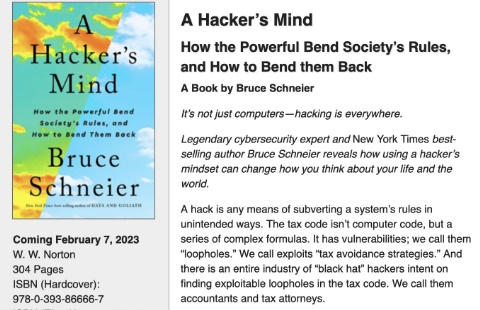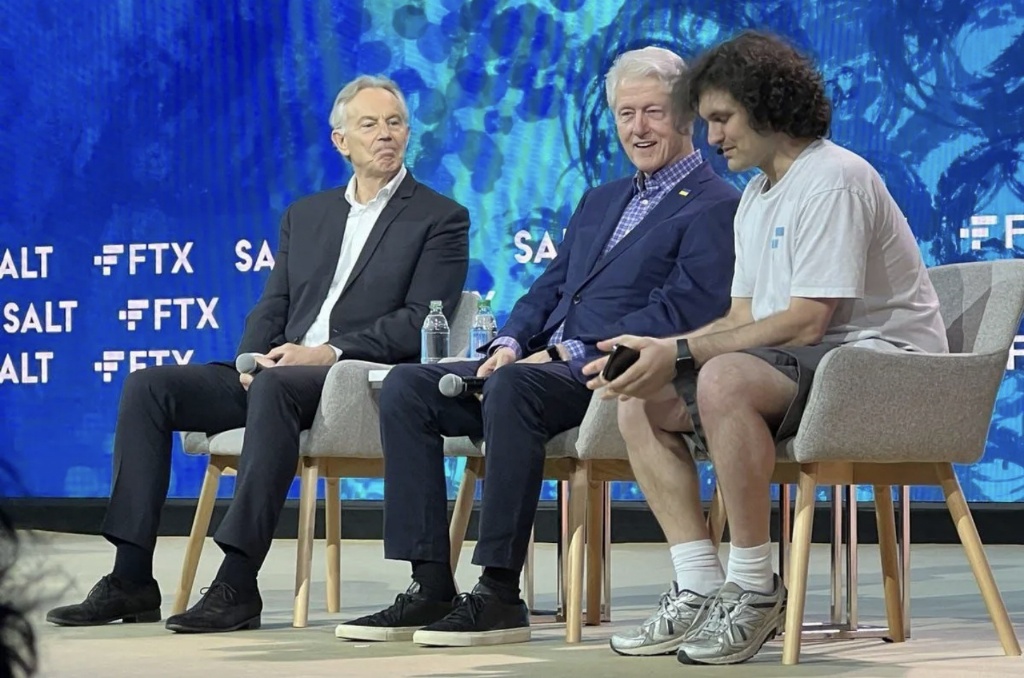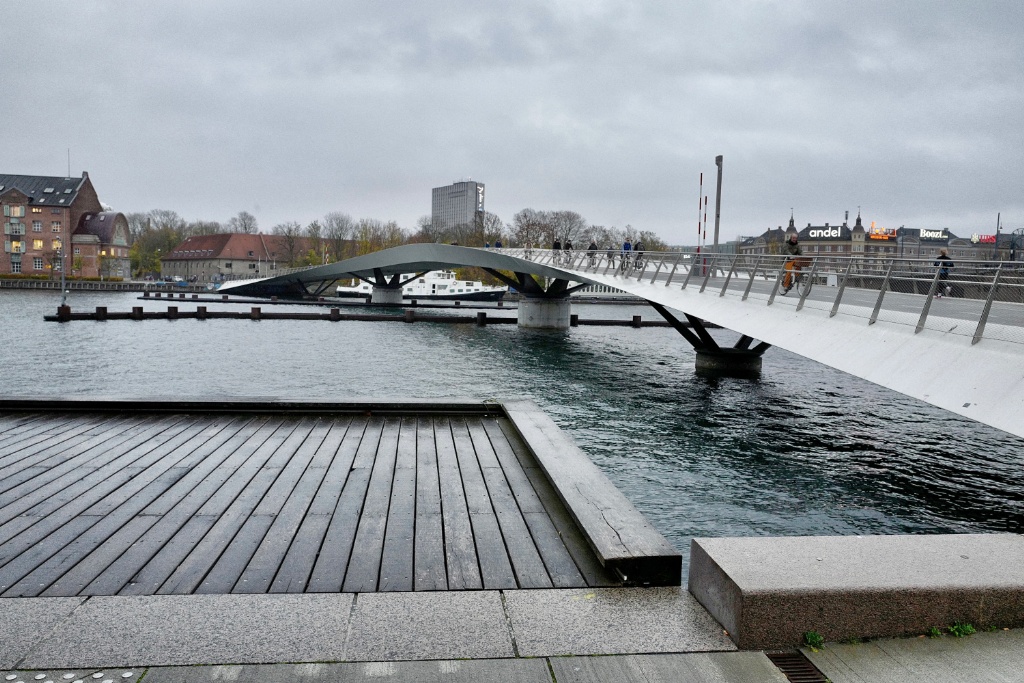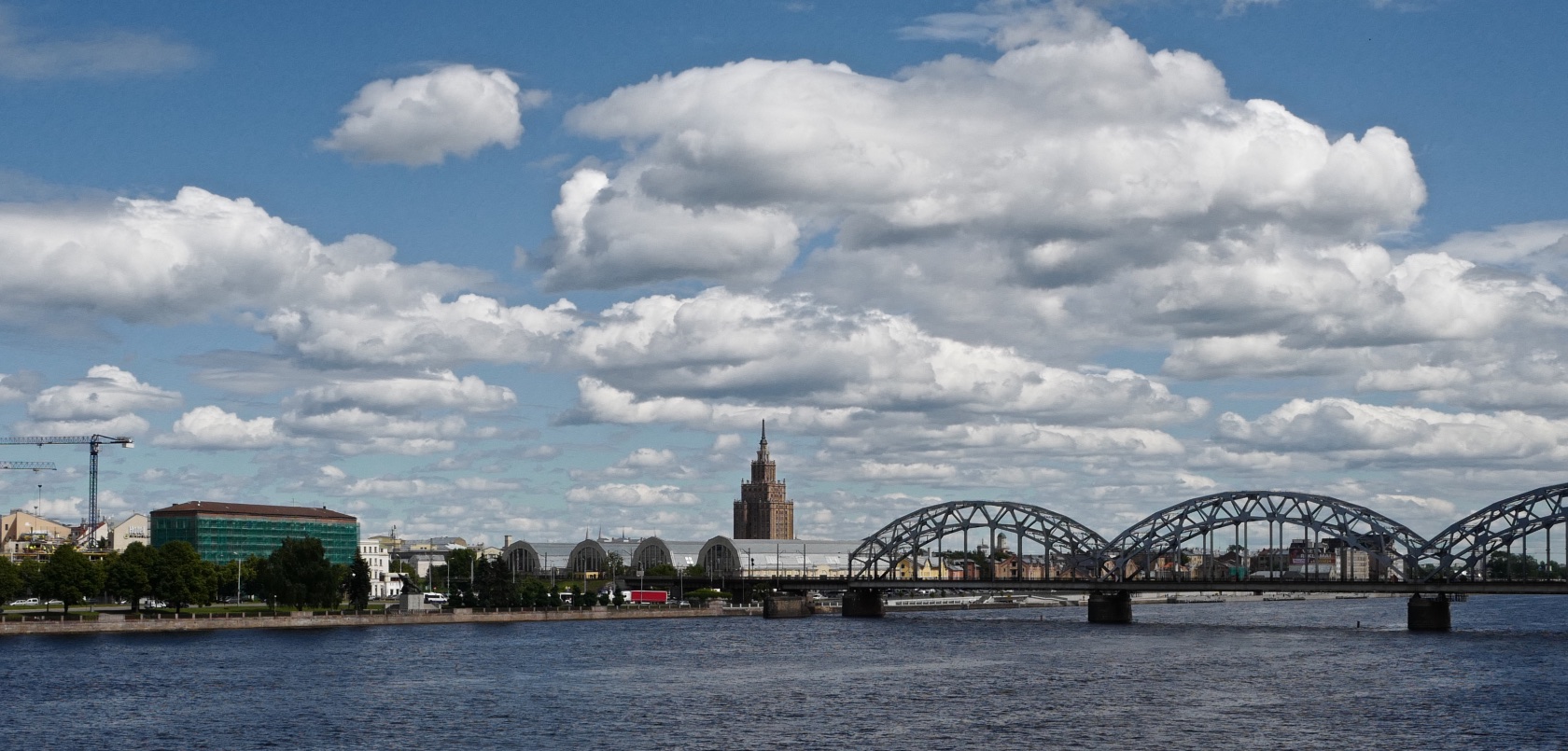Home from home

Quote of the Day
”A team effort is a lot of people doing what I say.”
- Michael Winner, film director
Musical alternative to the morning’s radio news
She Moved Through the Fair | Patrick Dexter (Cello)
Link
Long Read of the Day
Twitter consequences; not just for little people
One of the most revolting things about the media coverage of Elon Musk’s antics in acquiring Twitter is its implicit acceptance of his sociopathic worldview. A company employing 7,500 people has suddenly become his plaything. He can do whatever he likes with it. So we watch breathlessly to see what he does, and speculate endlessly on whether this move or that will do the trick. It’s like watching a chess grandmaster playing some practice games — trying this opening gambit, or that; moving pieces on a board.
The ‘pieces’ with which Musk is playing, however, are not inanimate objects but people with mortgages, partners, children, dependents, commitments, and so on. People like you and me, living in one of the most expensive and anti-social places on earth. And with one sweep of his arm, this weird grandmaster has just cleared half of these pieces from his board. But because the casualties are ‘just’ tech employees nobody gives a damn. It’s just capitalism, innit.
All of which is by way of explaining why I found Maria Farrell’s blast on the Crooked Timber blog so welcome.
The US employees will find themselves out on the street with no health insurance. That’s catastrophic, and stop-gap insurance cover is prohibitively expensive. I availed of it myself over a decade ago, and it was more than a thousand dollars a month – not the kind of money you have lying around when you’ve just been sacked. Many senior Twitter managers resigned before they were sacked, and the mass lay-offs were clearly in the post, so many employees – the ones with the sense not to work 24/7 to keep a job they were likely to lose, anyway – will have taken steps to stay in contact with former colleagues once they’re locked out of their work messaging channels. The levels of chaos and dysfunction inside Twitter right now can only be imagined. Relatively few workers are unionised, and in these situations many people think they can keep their jobs by screwing their co-workers or just ignoring abuse, so those who remain will be in an increasingly toxic situation. It can be fifty-fifty as to whether the lucky ones are those who got sacked or walked early on.
I’ve been through a narcissist takeover, so my heart goes out to Twitter’s current and former workers. It’s very tough to be sacked not because you did anything wrong, but because your face doesn’t fit (or some xenophobic shit like you have the wrong passport). When you’ve worked for one of these organisations that demand your heart and soul and all your waking hours, and get canned for no reason, it’s brutal. It’s also tough to see how some colleagues act. I cut a deal where I was a dead man walking for a few months so I could avoid being legally required leave the country by midnight of the day I was sacked, and one person in a tiny office suddenly found me invisible. Awkward. I did not become visible again until I was gainfully employed and ran into them a couple of years later, when they were effusively friendly. Ugh.
This is Maria Farrell at her best. Do read it.
Fleeing from Twitter
Moments like this reveal the astonishing power of network effects in digital technology — especially in social media. Once you’ve made a commitment to a particular networked service and you spend a few years building up a ‘social graph’ — the network of people you interact with or follow — then the idea of quitting, leaving that network behind, becomes more difficult to contemplate and carry out.
I remember a colleague of mine who works in computer security having a conversation with a grad student who had been looking at security issues in Facebook and reported finding some serious flaws. “So you’ll be deleting your account then?” said his supervisor. “Do you want me to have no social life?” The lad expostulated. You get the point: for him, a lot of his social life happened on Facebook, and FOMO (fear of missing out) ruled.
Ideally, you should be able to take your social graph with you when you leave a platform. But so far that’s difficult or impossible with most of them.
Given that, what other considerations are there? The first is: can you bear to be without that social graph? Secondly, is there a genuine alternative to which you can move? Often there isn’t.
But sometimes there is. For example, when Facebook (aka Meta) announced that it was making some significant changes to the terms of use of WhatsApp, a lot of people left quickly — so much so that the messaging services to which most people fled — Telegram and Signal — were temporarily overwhelmed. But that was because both of these services were actually pretty good alternatives to WhatsApp, and they were easy to use. I was able to move both my family groups and our research centre’s group in a day or so, and we’ve been happily using Signal ever since.
So what about pulling out of Twitter?
The obvious place to go is Mastodon , which looks a bit like Twitter but is in fact pretty different. It’s been around since 2016 but until recently was a pretty niche platform. The big difference is that whereas Twitter is a centralised service, Mastodon is distributed across thousands of servers. For a brief intro try this.
I’ve got a Mastodon account but haven’t used it very much — yet.
Significant numbers of people have been moving to it, though.
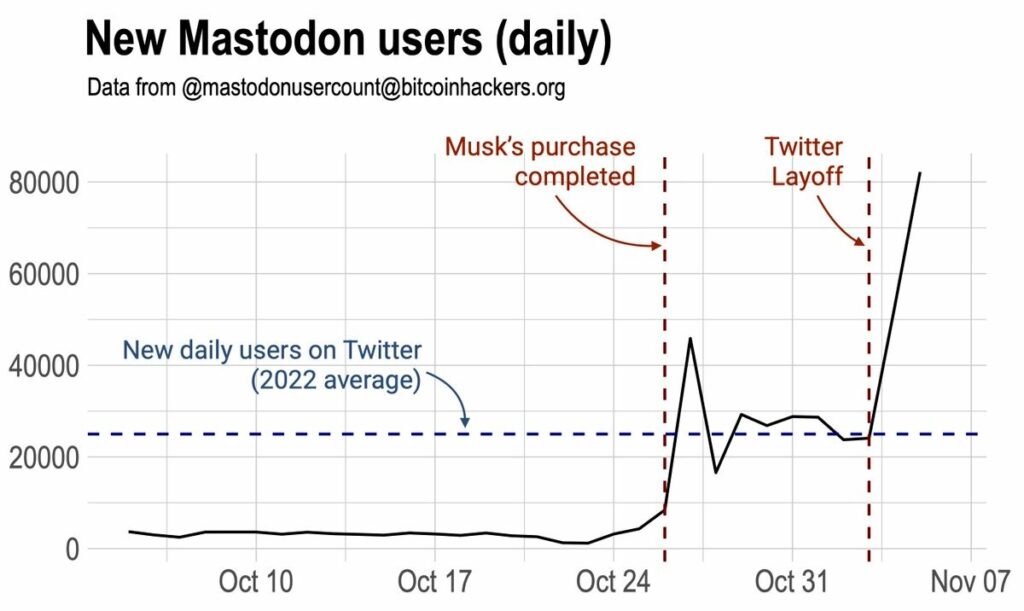
I liked this summary from a fellow-newbie, Gerard Cunningham.
So here’s what I’ve learned.
Mastodon isn’t Twitter.
And that’s by design.
You’ve grown used to things designed to give you that anger rush.
Mastodon is very deliberately built to avoid that.
The temptation is to replicate your Twitter experience.
Picking arguments, amplifying trolls.
Please don’t.
This isn’t your house, people here put time into building it.
Content warnings, ALT tags.
Don’t turn it into a replica of the mess you just left.
If you miss the fights, the birdsite is still there.
Also: Alex Hern has a really good overview in the Guardian of Twitter alternatives.
Sunak in a nutshell
Basically, he’s a British Macron with more expensive skinny suits.
Similarly networking at leading schools Winchester and Oxford University, much like Macron, Sunak also fell under the spell of Silicon Valley. Unlike Macron who dreams of a French Silicon Valley, however, Sunak moved to the original tech hub for an MBA at Stanford University.
Sunak never pretended he was a Socialist either — an impossible trick to turn at Goldman Sachs, where he worked as an analyst, or the hedge fund firms he subsequently joined. His free-market convictions led him to the Tory party in 2010, where he eventually joined — out of conviction, not convenience — the Brexiteer wing. Brexit represented, he explained, “a once in a generation opportunity for our country to take back control of its destiny and leave our nation freer, fairer, and more prosperous.”
A Thatcherite, like his close friend and predecessor as chancellor Sajid Javid, Sunak has less in common with the Tory party’s One-Nation faction than with the New Right, favoring tax cuts — particularly those earmarked for the finance and tech sectors — rather than spending increases, especially for social programs.
Source: Politico
My commonplace booklet
What is this?
A never-ending conversation between Bavarian director Werner Herzog and Slovenian philosopher Slavoj Žižek. When you open this website, you are taken to a random point in the dialogue. Every day a new segment of the conversation is added. New segments can be generated at a faster speed than what it takes to listen to them. In theory, this conversation could continue until the end of time.
Who made this?
A motivated fool with an interest in philosophy, cinema and machine learning. More projects by the author.
The conversation is created by a machine-learning system. Seems to me that it gets the voices right. But the content is weird at times, but also sometimes uncannily appropriate. Think of it as the audio equivalent of ‘uncanny valley’.
Correction
Keith Devlin (Whom God Preserve) alerted me to fact that the claim in yesterday’s lovely piece about the origins of railway gauges might not be accurate. So I went to Snopes, as he recommended. Here’s its ruling:
Claim: The U.S. standard railroad gauge derives directly from the width of Imperial Roman war chariots.
Verdict: It’s a mixture. It’s true that the standard U.S. railroad gauge is similar in width to the wheel spacing of Roman chariots. But that similarity is based much more on coincidence and inherent physical limitations than a direct line of imitation.
I’m not entirely convinced. And I like the “horses asses” explanation better.
This Blog is also available as a daily email. If you think that might suit you better, why not subscribe? One email a day, Monday through Friday, delivered to your inbox. It’s free, and you can always unsubscribe if you conclude your inbox is full enough already!


